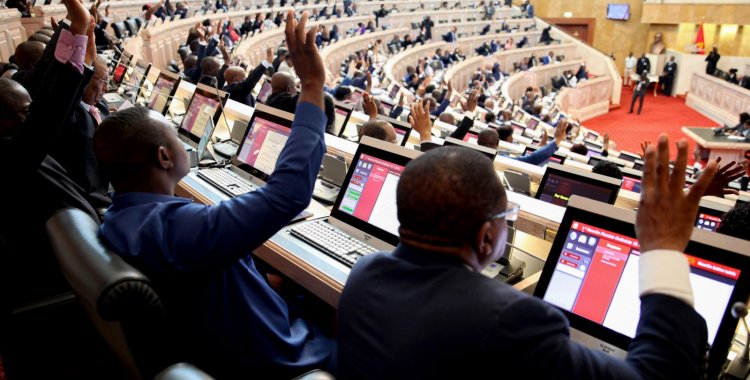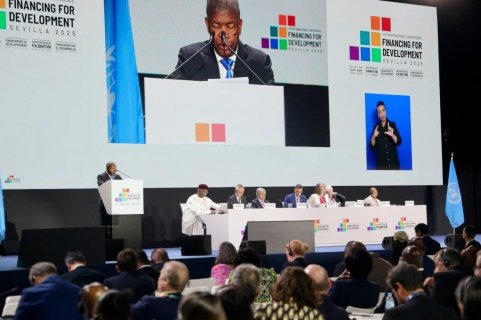The deputies presented several recommendations to the execution report of the State Budget for the fourth quarter of 2020, which are contained in a draft resolution prepared by the specialized committees of the parliament.
The deputies pointed out the need to "improve the instruments that lead to a positive and transparent assessment of public accounts" and to continue the timely presentation of the quarterly execution balance reports to the National Assembly.
Continuing with the initiatives to "stimulate" the activity of the non-oil sector and provide a higher level of collection of non-oil tax revenues "without harming the objectives of greater rationalization and efficiency of the public expenditure policy" are also included in the recommendations.
The need to "intensify measures for the maintenance and exploration of new blocks to circumvent the scenario of a growing trend of falling oil production levels" are also among the recommendations of the deputies.
The draft resolution on the consideration of the OGE's execution report for the fourth quarter of 2020 was approved this Friday with 129 votes in favour, 39 votes against and with no abstentions during the last day of the 13th plenary meeting of the Assembly National.
The Secretary of State for Finance for the Budget, Aia Eza da Silva, who presented the report to the deputies, said that in that period, revenues of approximately 3.1 billion kwanzas were executed, with 48 percent of current oil and non-oil revenues. and 52 percent capital income.
This expenditure execution, she explained, "meaned less than 18 percent compared to the same period of 2019, where we executed 18 percent more than in 2020."
The execution of the expenditure "was 4, 6 billion kwanzas, of which 35 percent were current expenses and 65 percent were capital expenses", but this execution of the expenditure, he noted, meant approximately 36 percent, greater execution of the than the one executed in the same period of 2019.
The social sector expenditure, followed by the defense and security sectors and the economic affairs sector lead expenditure by function, with the execution of capital expenditure being mostly the Public Investment Program (PIP).
"As we know, the PIIM (Integrated Program of Intervention in Municipalities) has been the main expense of the PIP, but we also had other expenses mainly in the energy and water sector and in the Transport sector", she highlighted.
Aia Eza da Silva also referred that in that period the country issued a domestic debt in the amount of 1.2 billion kwanzas, but, she stressed, the service "was higher than this collection" because there was "a debt service of 1.9 thousand millions of kwanzas".
"The same also happened in relation to the external debt, the disbursements we had of approximately 183 billion kwanzas were less than the service we had to perform of approximately 570 billion kwanzas," she added.
Parliament recommends improvements for transparency of public accounts
The parliament recommended the Government to improve the "instruments that lead to a positive and transparent assessment of public accounts" during the approval of the report on the execution of the State Budget (OGE) for the last quarter of 2020.







